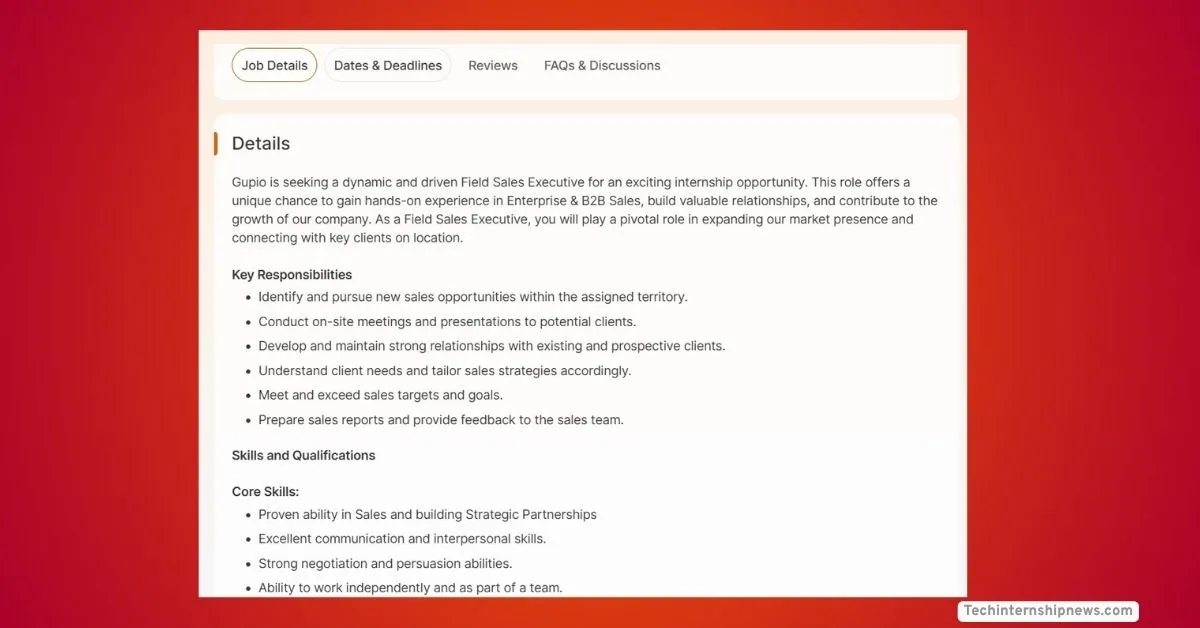Looking for your first break in artificial intelligence, but want to work from home? You’re not alone. Many freshers feel both excited and anxious when starting their AI journey, especially with remote work being so common in 2025. This guide will walk you through what an AI internship really is, essential skills you need, how to apply and stand out, plus smart ways to grow—no matter where you’re starting from.
Understanding AI Internships: What Freshers Need to Know
An AI internship is a short-term role where you help on real-world projects involving artificial intelligence. As a fresher, these internships let you apply what you’ve learned, build new skills, and see how AI works in practice—all from home. Companies now trust remote interns to deliver, thanks to better collaboration tools and clear digital workflows.
Common roles and domains you might encounter:
- Machine learning engineer
- Data science intern
- Natural language processing (NLP) assistant
- Computer vision specialist
- AI research intern
You’ll work on tasks like cleaning data, training models, testing algorithms, or even developing small AI apps. Research internships tend to be more about reading papers, running experiments, and reporting results, while applied positions want you to solve business problems and build prototypes.
Who offers these roles?
- Tech giants (Google, Amazon, Microsoft)
- Startups working on AI products
- Universities and research labs
- Specialty firms in healthcare, finance, or robotics
You can find a wide range of remote AI internships for 2025 listed on platforms like Indeed’s AI internships page and curated tech job boards.
Essential Skills and How to Prepare for Remote AI Internships
Strong foundations matter in AI. Here’s what you need to focus on as a fresher:

- Programming: Python is the language of choice. Learn key libraries like numpy, pandas, and matplotlib.
- AI/ML Basics: Understand algorithms for regression, classification, clustering, and neural networks.
- Math & Stats: Know the basics of statistics, probability, and linear algebra.
- Tools to know:
- TensorFlow or PyTorch for deep learning
- scikit-learn for traditional ML
- Jupyter Notebook for sharing code and results
Where to start building skills:
- Free online courses from Coursera, edX, or YouTube
- Tackle Kaggle competitions for hands-on practice
- Contribute to open-source AI projects on GitHub
Practical experience tips:
- Document every project—use a blog or GitHub README.
- Show your work and results, not just the code.
- Practice explaining concepts in simple terms.
On your resume and LinkedIn:
- Highlight relevant courses, projects, and any AI-focused clubs or hackathons.
- List skills and tools used.
- Use clear, honest language—avoid buzzwords.
Building a Portfolio: The Projects Every Fresher Should Try
A strong portfolio can set you apart. Here are project ideas that impress recruiters and build real skills:
- Chatbot using NLP (think customer support bot)
- Image classifier (use public datasets like MNIST or CIFAR-10)
- Movie or product recommendation engine
- Sentiment analysis tool for tweets or reviews
- Small game using AI-driven logic
How to document your work:
- Write a short project summary.
- List the dataset used and key challenges.
- Share your code and results on GitHub.
- Add screenshots or demo videos.
Soft Skills Matter: Communication, Time Management & Remote Collaboration
Remote AI work is about more than code. Here’s how to thrive:
- Communication: Share updates in clear, concise messages. Use Slack, email, or project tools.
- Time management: Plan your week with priorities. Work in focused blocks. Take short breaks.
- Remote etiquette: Respect others’ time zones. Keep meetings brief and on-topic. Respond promptly.
- Teamwork: Join virtual standups. Be open to feedback. Support peers, even if you’ve never met face-to-face.
How to Find, Apply, and Excel in Work-from-Home AI Internships
Start by searching trusted job platforms and company career pages. Look for roles with clear descriptions and real contact info.
Actionable steps to apply:
- Shortlist roles based on your skills and interests.
- Tailor your resume and cover letter to each job—show how your projects fit their needs.
- Prepare for technical interviews using coding platforms and mock interview sites.
- Build a personal brand: publish AI articles, share projects on LinkedIn.
- Practice virtual interview skills—test your setup, dress neatly, keep notes handy.
Where to Look: Top Platforms and Companies Offering Remote AI Internships
Here are proven places to find remote AI internships for freshers in 2025:
- Indeed’s remote AI internship listings
- Virtual Internships, which matches you with global companies
- Prosple’s AI internships board
- GitHub list of AI and new grad jobs
Leading companies hiring remote AI interns:
- Amazon, Apple, Google, Meta
- Fast-growing startups in fintech, healthcare, and robotics
Always check for legitimate company domains and never pay for an internship.
Succeeding in Your Internship: Tips for Growth and Impact
Make the most of your remote AI internship with these habits:
- Set clear goals for what you want to learn.
- Schedule regular check-ins with your mentor.
- Document your work and progress weekly.
- Ask questions—be curious and proactive.
- Share insights and suggest improvements.
- Network with teammates for future roles.
After your internship, keep building your skills and portfolio. Stay active on LinkedIn, contribute to AI communities, and keep learning about new tools and trends.
Conclusion
Starting an artificial intelligence internship from home can feel daunting, but it’s absolutely possible. Build strong foundations, show your projects, and approach each application with honesty and confidence. Take small steps, keep your curiosity alive, and don’t be afraid to ask for help. With persistence and smart preparation, you can find and excel in your first AI work-from-home role.
Disclaimer
The advice in this guide is for informational purposes. Internship offers and requirements vary by company and region. Always research and apply through official sources. Protect your personal data and avoid unverified recruiters. Keep learning and use responsible practices to build your future in AI.
Read also.














